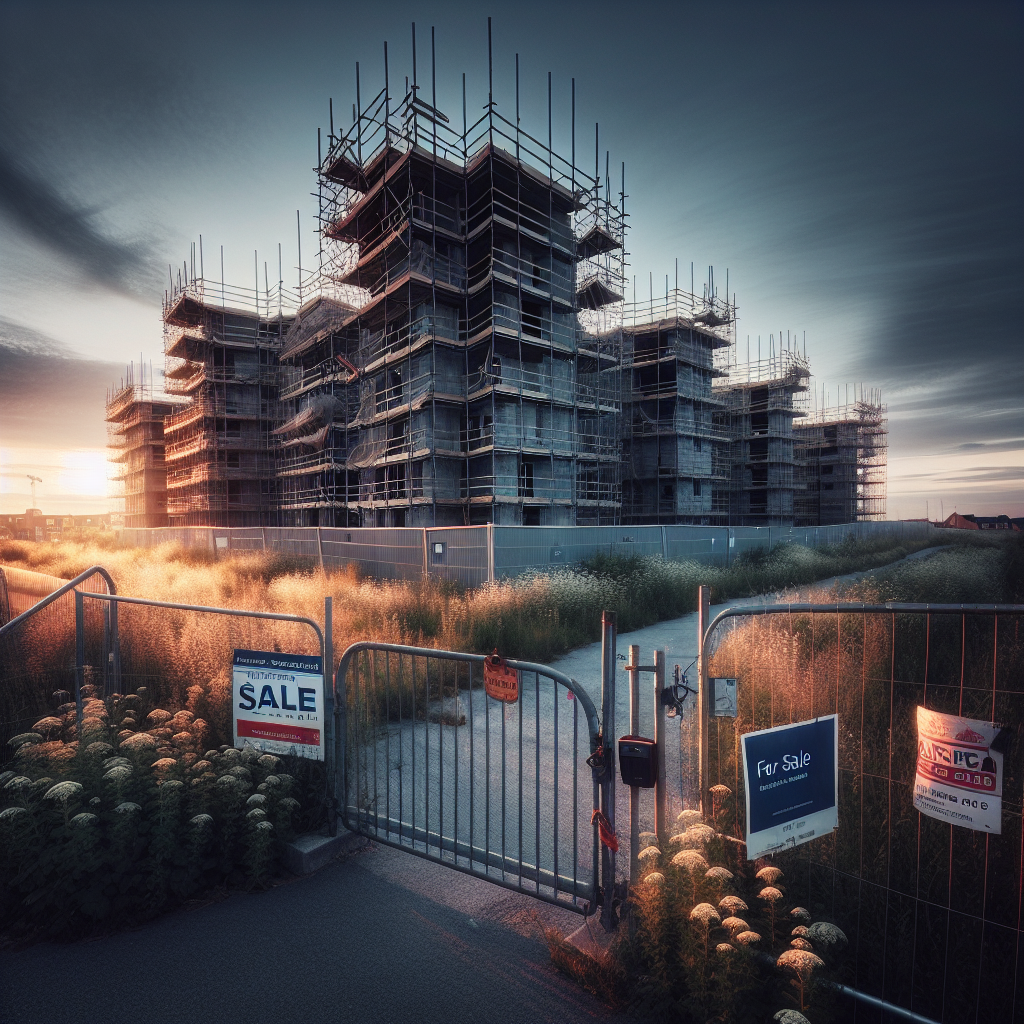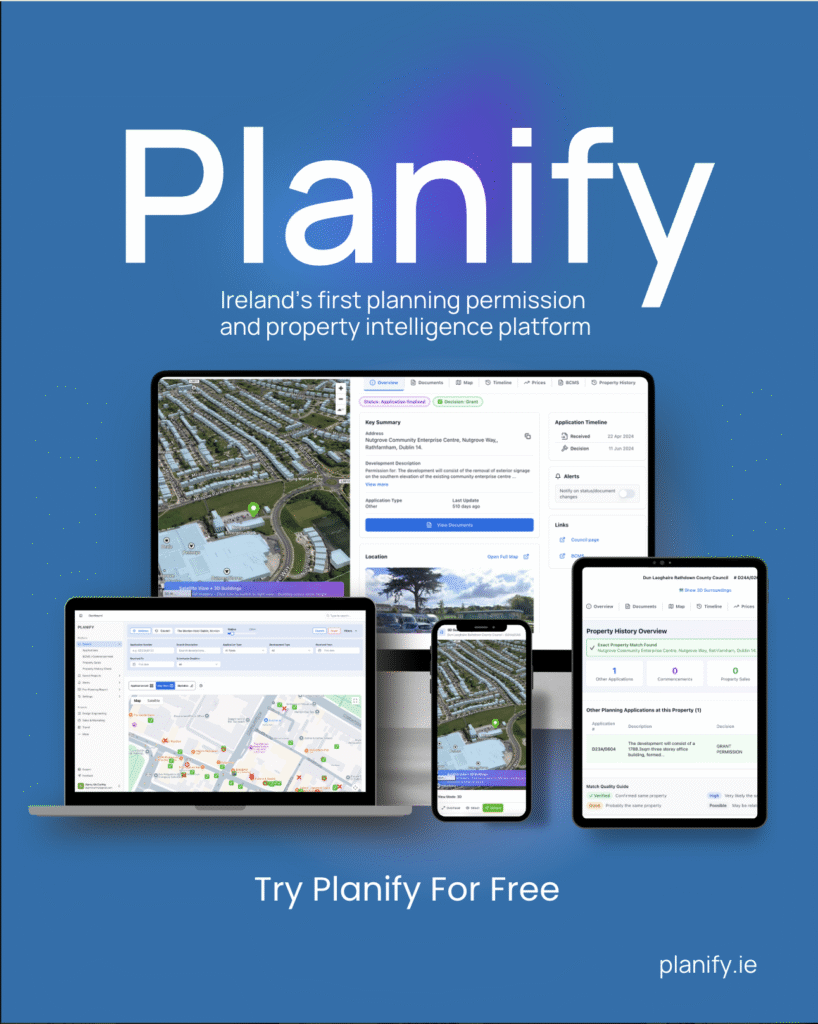Overcoming Challenges in Irish Housing Development: A Transition from SHD to LRD System
The Irish government’s Strategic Housing Development (SHD) system faced significant challenges leading to its replacement by the Large Residential Development (LRD) system. This transition aims to address issues related to legal disputes, delays, and public opposition in the planning process. Let’s delve into the complexities of the previous SHD system and the improvements expected with the new LRD approach.
The Strategic Housing Development (SHD) system, initiated by former housing minister Simon Coveney, was intended to expedite housing delivery by allowing larger projects to bypass local authority planning processes and directly seek approval from An Bord Pleanála. However, the SHD system encountered numerous setbacks, primarily due to the surge in legal cases it triggered. Between its inception in 2017 and its discontinuation in the previous year, SHD projects resulted in 48 judicial review (JR) cases, with the majority stemming from environmental objections.
Approximately one in five housing units proposed under the SHD system, equivalent to nearly 32,000 units, faced cancellations or delays as a result of legal challenges. This legal entanglement has left around 19,192 units in limbo, awaiting decisions from An Bord Pleanála, with an average processing time of 95 weeks. The SHD era exposed a planning system grappling with resource constraints and entangled in legal battles, leading to significant delays and financial burdens on developers.
Industry experts highlight the prevalent issue of litigious opposition, portraying a higher level of Nimbyism (Not In My Backyard) in Ireland compared to other countries. Environmental objections, often used as a guise for design-related concerns, have been a common tactic in challenging housing developments. Design objections frequently revolve around factors like building height, density, and architectural harmony with the surroundings.
The SHD system’s downfall shed light on the exploitation of the planning process for personal gain, with instances of individuals lodging and withdrawing environmental appeals for financial benefit. Such practices, labeled as “ransom development,” underscore the need for stricter regulations and ethical standards in the planning domain. The prevalence of vexatious claims and abuse of the statutory planning process have raised alarms within the housing industry.
The transition from the SHD system to the Large Residential Development (LRD) system marks a significant shift, reinstating local authorities as the primary decision-makers in the planning process. The new system aims to streamline decision-making, reduce legal disputes, and enhance transparency in housing development projects. The LRD system introduces mandatory timelines for planning decisions, penalties for delays, and stricter guidelines for judicial reviews.
The upcoming planning legislation seeks to instill confidence in the LRD system by empowering stakeholders to voice concerns mid-process and aligning applications with local development plans. By limiting the grounds for judicial reviews and enforcing stringent criteria for objectors, the new system aims to foster a more efficient and inclusive planning environment. The shift towards the LRD system presents a promising outlook for Irish housing development, offering a more balanced approach to addressing community needs while ensuring accountability and progress in the construction sector.







